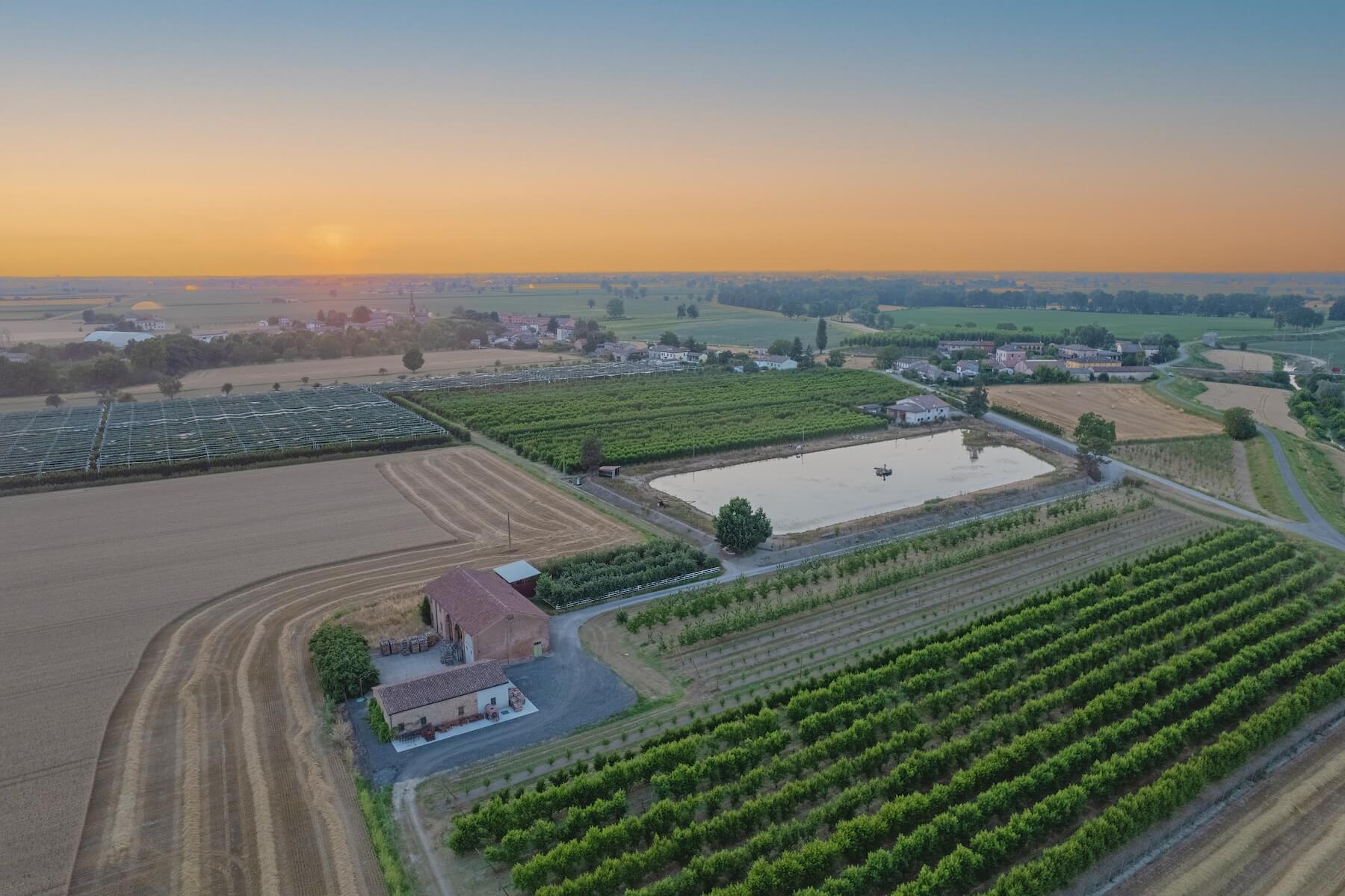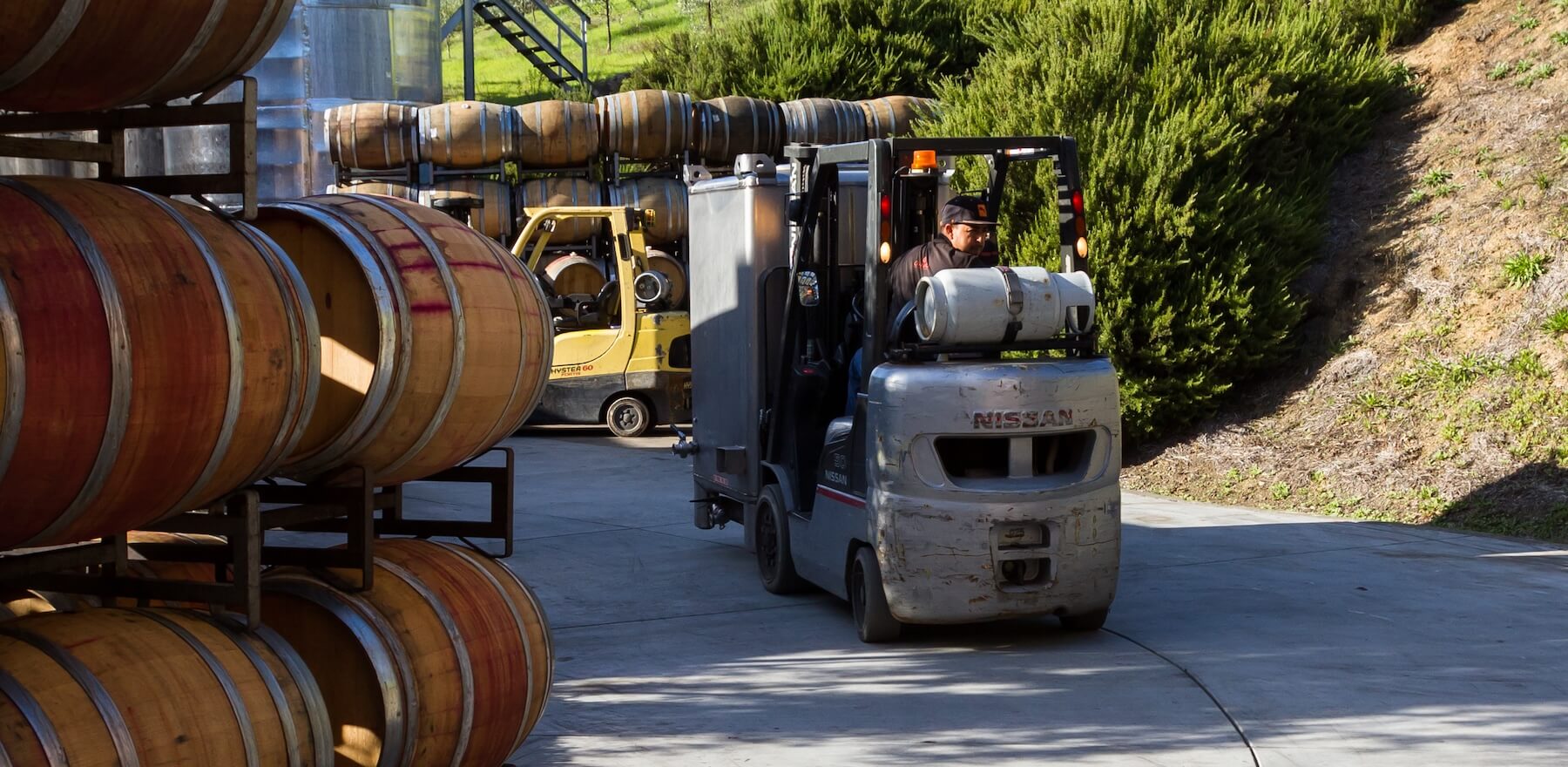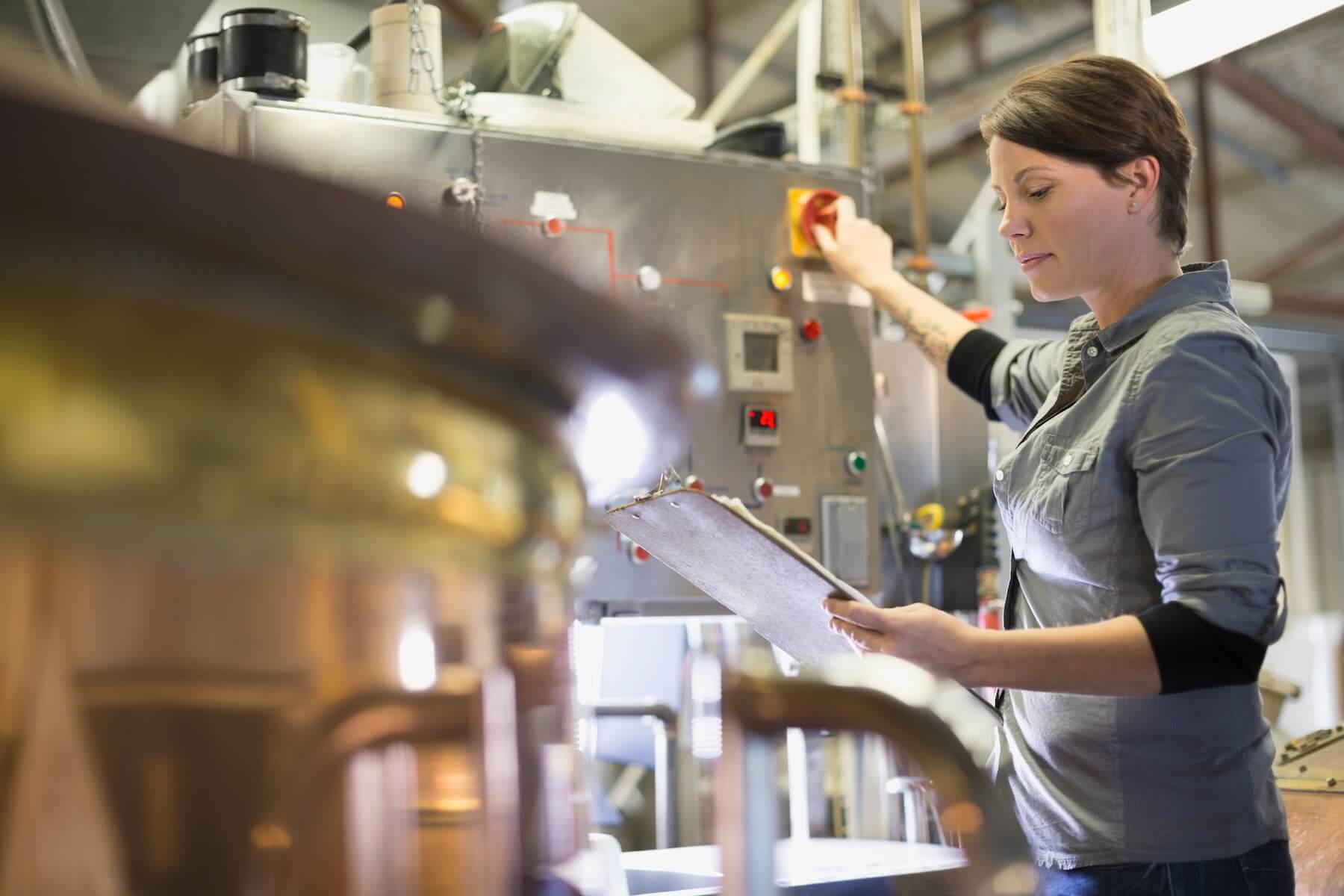QuickBooks has emerged as a popular choice for accounting and bookkeeping software in the realm of wineries, distilleries and breweries. Its affordable and user-friendly interface has made it accessible to entrepreneurs starting in the craft beverage industry. However, as these businesses grow and face the complexities of managing production, sales operations and precise reporting for governance and tax purposes, the limitations of QuickBooks vs. NetSuite become apparent. This is where NetSuite, paired with industry-specific software like Crafted ERP, proves to be a transformative tool.
Beverage ERP software can help you optimize your alcoholic beverage business processes by automating tasks across various departments, reducing errors, freeing up your team to focus on higher-value strategies and improving efficiency.
Transitioning from QuickBooks to NetSuite can help streamline your operations and optimize your processes. Whether you’re looking to reduce costs, improve customer satisfaction or gain a competitive edge in the market, an ERP solution can help you achieve your goals.
Keep outdated manual processes and limited functionality platforms from holding your business back. With beverage ERP, you can unlock new opportunities for growth and success.
Challenges Faced by Businesses Using QuickBooks
While QuickBooks is a convenient tool for basic financial management, it struggles to address the unique needs of craft beverage companies. These businesses require more than just financial tracking; they need a comprehensive solution capable of handling the intricacies of production, inventory management, shipping, sales and customer relationship management (CRM).
QuickBooks alone falls short in meeting these demands, necessitating the integration of multiple software systems to fill in the gaps. Common issues faced by craft beverage production companies using QuickBooks include:
- As a winery, brewery or distillery business grows, its financial operations become more complex. QuickBooks may be unable to keep up with the increasing demands of the business, leading to limitations in reporting capabilities and scalability.
- QuickBooks requires manual data entry, which can be time-consuming and prone to errors. Owners often spend hours manually entering data instead of focusing on core business activities.
- QuickBooks may not provide dedicated customer support or resources tailored to the unique needs of alcoholic beverage businesses. This can result in limited guidance and assistance when facing industry-specific challenges.
- Integrating QuickBooks with other systems can be challenging. Many alcoholic beverage businesses use multiple tools, or even Excel spreadsheets, for different operational functions, such as inventory or CRM.
Patching the operational gaps with additional point solutions may create a complex and challenging environment to manage. The presence of multiple copies of the same data, such as customer information, products, employees and suppliers, raises concerns about synchronization. Manually transferring data between applications or duplicating efforts by entering information into different systems will likely introduce errors and inconsistencies. Discovering one error can erode trust in the data and lead to workarounds that hinder efficiency and productivity.
Benefits of Implementing a Beverage ERP System
Alcoholic beverage manufacturers face unique challenges in managing their operations, from complying with government regulations to maintaining quality control. Beverage ERP can help businesses overcome these challenges and achieve greater efficiency and profitability.
Crafted offers a game-changing alternative by consolidating all the essential aspects of managing a craft beverage business within a single platform. By implementing Crafted, you will replace QuickBooks as your system of record and can bid farewell to up to eight other software systems. This consolidation brings immense power and efficiency to your operations, streamlining processes and saving you precious time and effort.
Comprehensive Beverage ERP Functionality vs. QuickBooks:
While financials are an important part of cloud ERP software, they are only one part. An ERP system like NetSuite offers far more robust capabilities than QuickBooks. NetSuite + Crafted ERP outpaces the capabilities of QuickBooks, providing a range of features designed specifically for craft beverage production. Some of the core functionalities of beverage ERP software that make it an invaluable asset for your craft beverage business include the following:
| Features and Functionalities | QuickBooks | Beverage ERP Software |
|---|---|---|
| Financial management | Basic accounting | Advanced financial management features tailored to the specific needs of beverage manufacturers |
| Inventory management | Basic inventory tracking | Comprehensive inventory management, including batch tracking, expiration date management and traceability |
| Production planning | None | Robust production planning tools, enabling efficient resource allocation, batch management and scheduling |
| Supply chain integration | Limited | Seamless integration with suppliers, distributors and other partners for efficient collaboration and communication |
| Regulatory compliance | None | Built-in compliance features for industry-specific regulations, including labeling, excise taxes and quality control |
| Reporting and analytics | Basic financial reports | Comprehensive reporting and analytics, including sales performance, production efficiency and inventory analysis |
Why YOUR Business Should Move to Beverage ERP
- Enhanced financial management: Beverage ERP provides robust financial management tools, enabling accurate tracking of costs, streamlined financial reporting and compliance with industry-specific regulations.
- Improved inventory management: Efficiently manage inventory across multiple locations. Track stock levels, monitor expiry dates and automate reorder points to ensure optimal inventory control and minimize waste.
- Streamlined production processes: Streamline and optimize your production processes. Automate many of the tasks involved in producing alcoholic beverages, from raw material tracking to batch management. Crafted provides complete visibility and control over your production operations.
- Simplified sales and distribution process: Enhance your sales operations, track customer orders and manage distributor relationships seamlessly with order management, invoicing and fulfillment tools.
- Built-in CRM functionality: With built-in CRM functionality within the Crafted platform, you can effortlessly maintain comprehensive customer profiles, track sales interactions and unlock valuable insights to elevate customer satisfaction and foster repeat business.
- Better decision-making capabilities: Real-time data insights help you make informed decisions quickly with visibility into your business operations that can optimize processes and improve profitability.
- Regulatory compliance: The bev-alc industry is subject to strict regulations, and compliance is crucial. By tracking every step of the production process, a beverage ERP system provides a complete audit trail making it easier to demonstrate compliance with regulatory requirements. Crafted helps you navigate these complexities by providing features for accurate reporting, compliance documentation and tax management.
Despite the numerous potential benefits, it’s common for craft beverage businesses to overlook the warning signs that come with growth. Many business owners hesitate to explore options beyond QuickBooks due to fears associated with cloud ERP software.
Concerns about lengthy implementation timelines and high costs often discourage them from acting. However, it’s important to dispel the misconception that ERP implementations are invariably expensive and daunting. Modern ERP solutions leverage flexible technology and are far removed from the complexities of the past. Implementing the right ERP can yield significant returns on investment in a surprisingly short timeframe.
ROI of ERP Implementation
One of the critical questions for businesses moving from QuickBooks to beverage ERP is how long it will take for the investment to pay off in terms of ROI. The time it takes to achieve ROI varies depending on the business’s size and the implementation’s complexity. However, according to a study by Mint Jutras, most companies can expect to achieve ROI within less than two years of implementation.
The ROI of ERP implementation for alcoholic beverage manufacturers lies in improved operational efficiency, optimized inventory management, streamlined production planning, integrated supply chain management, enhanced financial visibility and data-driven decision-making. By leveraging the power of a beverage ERP system, manufacturers can drive cost savings, increase productivity, improve customer satisfaction and position themselves for sustainable growth in a competitive industry.

Streamline Your Alcoholic Beverage Business with a Scalable and User-Friendly ERP Solution
If you’re ready to take your business to the next level with beverage ERP software, here are some things to consider:
- Look for an ERP provider with experience in the alcoholic beverage industry.
- Choose a system that is scalable and can grow with your business.
- Make sure the system is user-friendly.
- Look for a provider that offers excellent support and training.
Moving on from familiar platforms and processes can be daunting. However, the benefits of automation, real-time data insights, streamlined operations, reduced costs and improved customer satisfaction far outweigh any initial discomfort. Transitioning from QuickBooks to an ERP solution can be a game-changer for your alcoholic beverage business.
But remember, choosing the right beverage ERP software provider is essential to a successful transition. Look for a provider with experience in the alcoholic beverage industry and a scalable, user-friendly system that offers excellent support and training.
By partnering with the right ERP provider, you can optimize your processes, improve profitability and achieve your business goals. Keep limited functionality and manual processes from holding your business back. Take the first step toward a more efficient and profitable future by considering beverage ERP software today.
So why wait? Harness the power of NetSuite + Crafted ERP today. Start exploring your options and take your business to the next level! Fill out our contact form to learn more about the benefits of implementing a beverage ERP for your specific craft beverage business needs.






